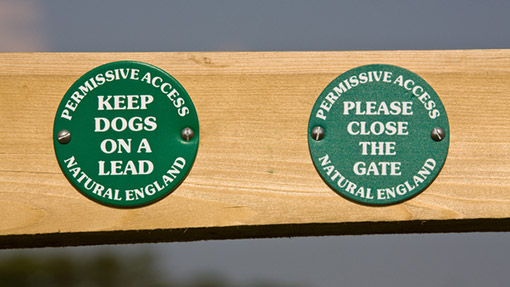How to minimise neospora risk to pregnant cows

Farmers are being urged to take steps to minimise the risk of neospora infection in cattle as calving gets under way this spring.
Neosporosis is a parasitic infection that causes abortion and there is currently no vaccine available to prevent against the disease. However, steps can be taken to minimise risk of infection.
Speaking at a Farmers Union of Wales (FUW) animal health and welfare committee meeting in Aberystwyth on Monday (3 March), committee chairman Catherine Nakielny explained: “Dogs are a source of infection if they eat livestock material, such as placentas from newly calved cows that are contaminated by the parasite, and then excrete the eggs of the parasite in their faeces on to pasture, feed, water or bedding used by cattle.
For more information on neospora visit
“Once ingested, the parasites spread around the body via the bloodstream. If the animal is pregnant, the parasite can invade the placenta and the foetus causing stillbirths and abortion,” she added.
She said farmers could take a number of steps to reduce risk, including:
- Keeping hay, bedding, water and grazing land free from faecal contamination by dogs
- Disposing of placentas, foetuses and stillborn calves in the correct and timely manner
The union is also urging countryside dog walkers to pick up dog poo to avoid contamination on fields.
Neospora facts
Infected cattle are seven times more likely to abort than uninfected cattle.
There are no obvious clinical signs, but disease can be diagnosed with a blood test or post-mortem examination following abortion.
